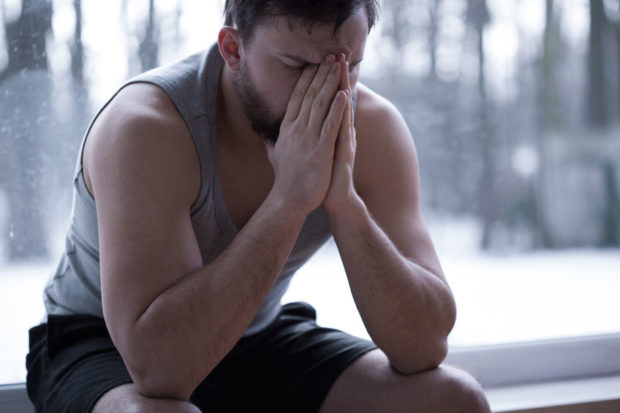Losing sleep triggers viral loneliness, makes people less sociable—study

INQUIRER.net stock photo
Researchers found that sleep deprivation triggered viral loneliness and made affected people less likely to interact with others.
Scientists from the University of California Berkeley (UC Berkeley) conducted experiments on sleep deprivation, which led them to believe losing sleep could kill a person’s social life. They published their findings in the journal “Nature Communications” on Aug. 14.
Through their studies, the researchers observed that people who lost sleep tended to feel lonelier and less likely to interact with other people. At the same time, sleep-deprived and lonely individuals appeared less attractive. Well-rested people were even observed “catching” this loneliness vibe, which created a viral effect of spreading loneliness just by seeing one sleep-deprived person.
It should be noted that the subjects in the experiments did not know that a person they were interacting with was sleep-deprived. Even then, these subjects reacted predictably based on how they perceived the sleep-deprived individual. The researchers also noted that the trend of sleep depravity in modern society coincided with the increased feelings of loneliness and isolation in people.
“We humans are a social species. Yet sleep deprivation can turn us into social lepers,” study senior author Matthew Walker, a UC Berkeley professor of psychology and neuroscience, said in a statement.
He added, “The less sleep you get, the less you want to socially interact. In turn, other people perceive you as more socially repulsive, further increasing the grave social-isolation impact of sleep loss.”
The research data from magnetic resonance imaging (MRI) scans showed that sleep deprivation tend to blunt parts of the brain that normally encourage people to socially interact.
While losing sleep quickly degraded sociability, Walker’s team found that just getting the recommended seven hours of sleep at night showed immediate results the next day.
“Just one night of good sleep makes you feel more outgoing and socially confident, and furthermore, will attract others to you,” said Walker.
With these results in mind, it may be good practice to get a good night’s rest the night before whenever people have a big day ahead of interacting with a number of individuals. Not only would it help make people look attractive, but the extra rest should also help with stamina. /ra
RELATED STORIES:
Smartphones serve as ‘security blankets’ in awkward situations—study
It’s harder to turn off robot begging for its life–study
Dogs will rush to comfort owners when they sense trouble—study